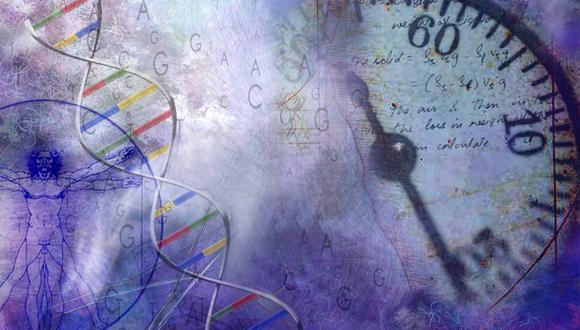Beyond Darwin: understanding cancer persister cells
Lecturer: Dr. Yaara Oren. Tuesday, Dcember 21, 2021 | Sherman Building room 02 at 12:00
The Shmunis School of Biomedicine and Cancer Research & The school of Neurobiology, Biochemistry and Biophysics Kindly invites you to attend the Job Seminar by:
Dr. Yaara Oren, Broad Institute of MIT and Harvard, Cambridge, MA, USA
Date: Tuesday, Dcember 21, 2021
Place: the seminar will take place in Sherman Building room 02 at 12:00
Talk title: "Beyond Darwin: understanding cancer persister cells"
Abstract:
Despite favorable initial response to therapy, a third of cancer patients will develop recurrent disease and succumb to it within five years of diagnosis. While there has been much progress in characterizing the pathways that contribute to stable genetic drug resistance, the mechanisms underlying early reversible resistance, also known as persisters-driven resistance, remain largely unknown.
It has long been believed that persisters represent a subset of cells that happen to be non-proliferating at the time of treatment, and therefore can survive drugs that preferentially kill rapidly proliferating cells. However, in my talk I will describe a rare persister population which, despite not harboring any resistance-conferring mutation, can maintain proliferative capacity in the presence of drug. To study this rare, transiently-resistant, cycling persister population, we developed Watermelon, a high-complexity expressed barcode lentiviral library for simultaneous tracing of each cell’s clonal origin and proliferative and transcriptional states.
We combine single cell transcriptomics with imaging and metabolomics to show that cycling and non-cycling persisters arise from different cell lineages with distinct transcriptional and metabolic programs. Finally, I will describe how by studying persister cells we can gain critical insights on cellular memory, fate, and evolution, which can guide the development of better anti-cancer treatments.
See you all there!!


